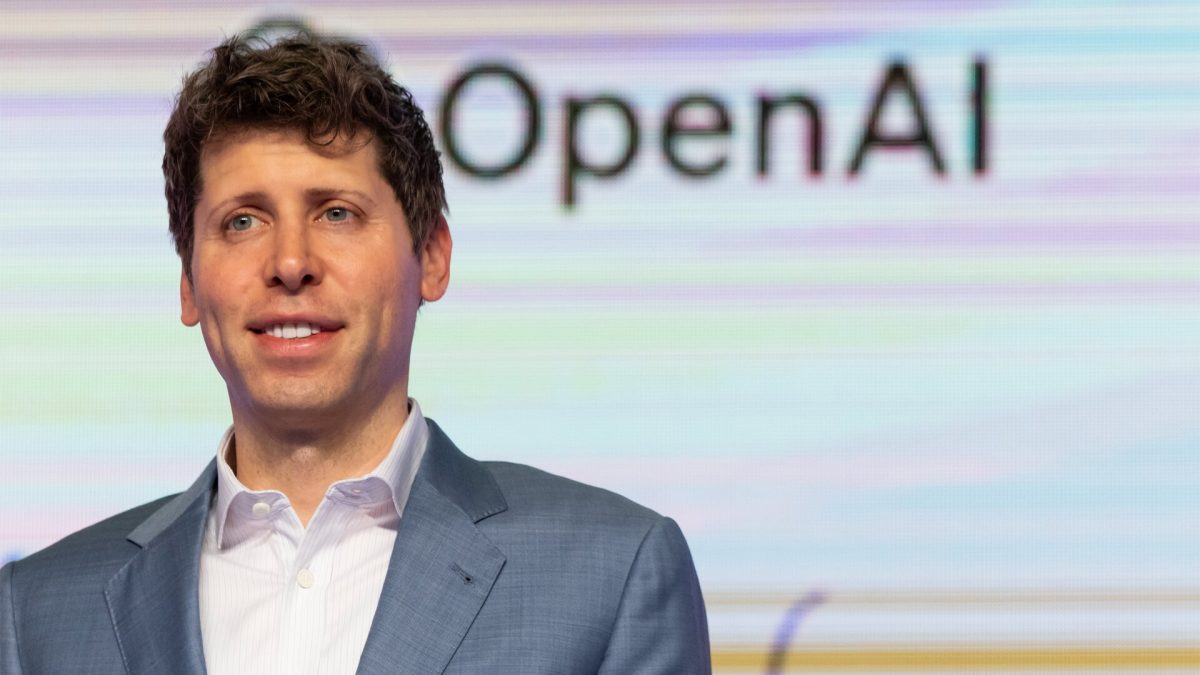On Monday, OpenAI, the maker of ChatGPT, unveiled a comprehensive “economic blueprint” outlining its vision for AI competition and regulation. This strategic plan is designed to guide tech policy in the US as a new administration takes power.
OpenAI’s recommendations come at a time when Elon Musk, a vocal critic of the company, is expected to play a prominent role in Washington. The company is keen to solidify its position and ensure that the US stays ahead in the global race for AI development.
Focus on US-made AI and equitable access
At the heart of OpenAI’s recommendations is the desire to promote AI made in the US, ensuring that emerging technologies are not shaped by authoritarian governments like China. The company argues that AI should be developed in a way that benefits all regions of the country, not just the tech-heavy coastal cities.
OpenAI stresses the need for equitable access to AI, aiming to ensure that its advantages are available to everyone from the very start. According to OpenAI’s VP for global affairs, Chris Lehane, AI is now as essential as electricity, and there’s an urgent need to “get it right” to prevent other nations from taking the lead.
Key recommendations for a competitive AI ecosystem
OpenAI’s blueprint outlines several key steps to position the US as a global AI leader. First, the company recommends creating nationwide “rules of the road” for AI to avoid a fragmented state-by-state approach.
It also proposes easing restrictions on the export of advanced AI models to allies and partners, enabling them to build their own ecosystems based on US technology rather than relying on Chinese models. Additionally, OpenAI suggests the formation of a consortium of AI developers to identify best practices for working with national security issues and advancing AI responsibly.
Building AI hubs across the US
Another important recommendation is to use states as “laboratories of democracy” to create AI hubs that focus on regional needs. For example, Kansas could develop AI applications tailored to agriculture. This approach would spread AI job opportunities and expertise across the entire country, rather than concentrating them in just a few areas.
OpenAI also calls for increased federal investment in infrastructure, including energy sources and power grids, to support new data centres and AI advancements. Other suggestions include requiring AI companies to provide substantial computational resources to public universities and ensuring that AI can learn from universal, publicly available information, while still protecting creators’ intellectual property.
OpenAI’s strategic positioning amid competition
While Microsoft, Google, and other tech giants face significant regulatory scrutiny, OpenAI remains a young company with a focused mission: to build advanced AI. As it prepares for the incoming administration, OpenAI is eager to make the case for how its vision could benefit communities across the US, from job creation to economic investment.
OpenAI’s blueprint seeks to reinforce the US’s ability to “think big, act big, build big,” ensuring that the country maintains an edge in the global AI race. Lehane highlighted that there is currently $175 billion in global investments for AI infrastructure, and the US needs to act quickly to attract that funding before it ends up supporting Chinese-led infrastructure instead.
)